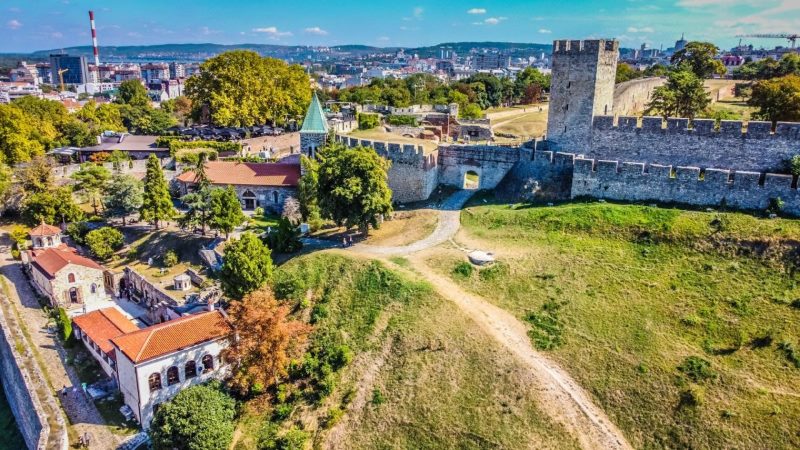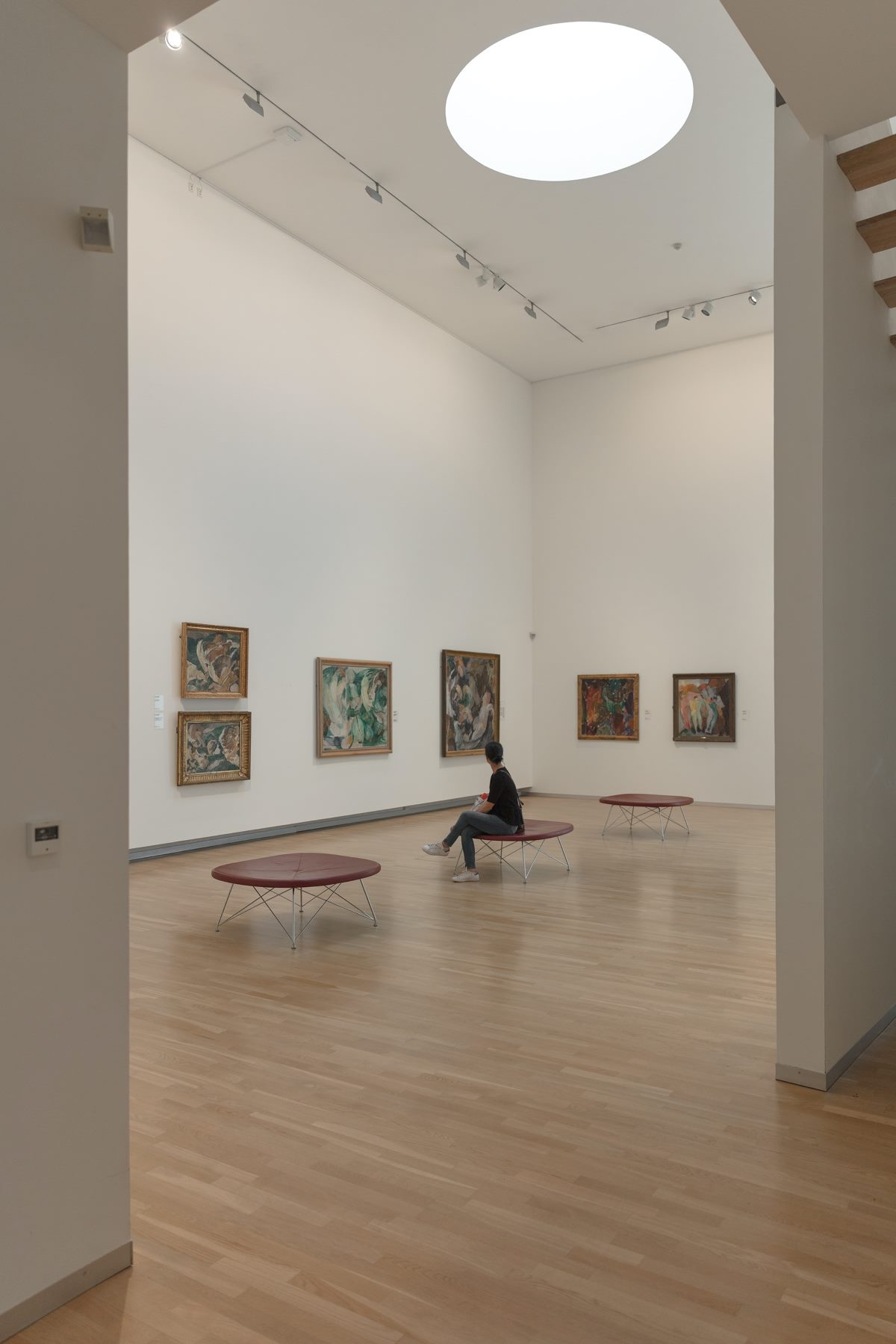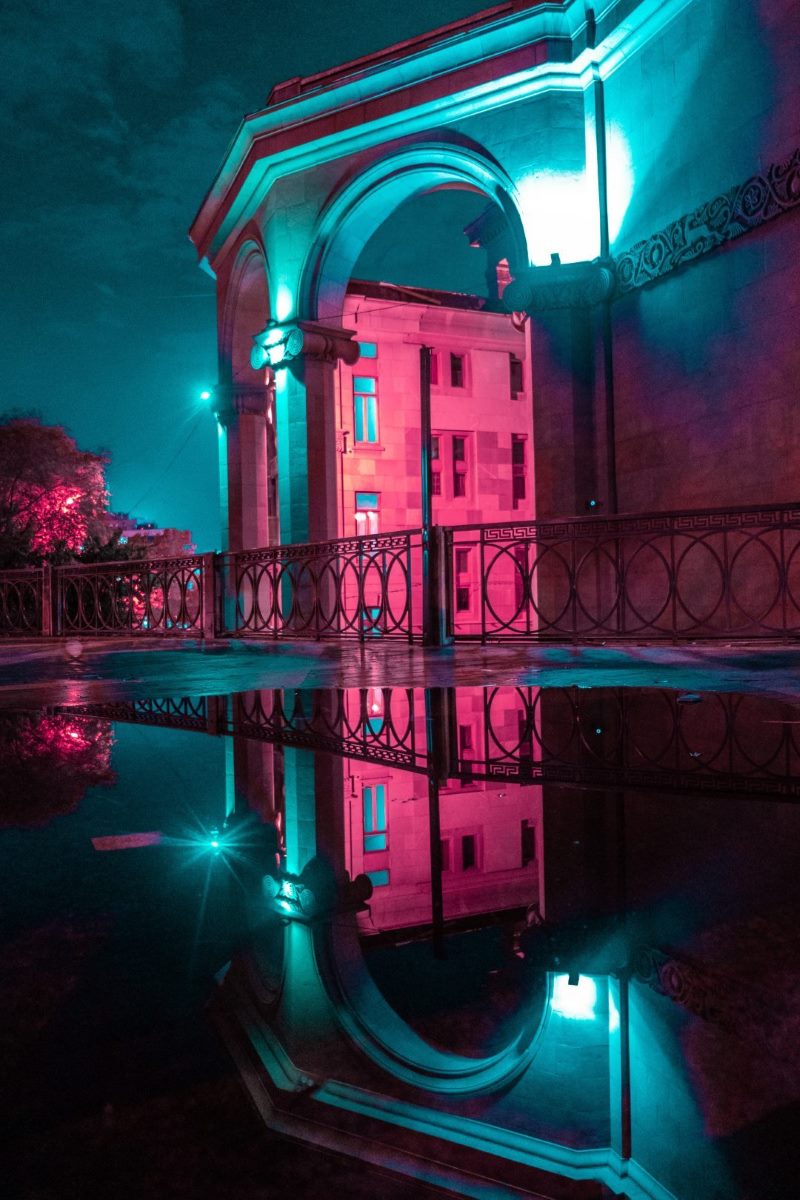How to Plan Your Baalbeck Temples & Ksara Caves Tour with Lunch in Beirut
Looking for a unique adventure in Beirut that combines history, culture, and cuisine? Look no further than the Baalbeck Temples & Ksara Caves Tour with Lunch! This full-day tour takes you to the ancient ruins of Baalbek, the oldest winery in Lebanon, and the city of Zahle for a traditional Lebanese brunch. With luxury transportation, multilingual guides, and all entrance fees included, this tour is an excellent way to experience the best of Lebanon.What You’ll Experience
The Baalbeck Temples & Ksara Caves Tour with Lunch is a full-day adventure that takes you on a journey through time and place. You’ll start the day with a pickup from your hotel and travel in luxury transportation to the ancient city of Baalbek. This UNESCO World Heritage site is known for its enormous Roman temple ruins, including the Temple of Bacchus and the Temple of Jupiter. Your local multilingual guide will provide insights into the history and culture of this incredible site. After your visit to Baalbek, you’ll head to the city of Zahle, the largest city in the Beqaa Valley. Here, you’ll enjoy a traditional Lebanese brunch, with plenty of delicious dishes to try. Your guide will provide a brief overview of the food and history of this region, including the cuisine of the Beqaa Valley. Following your brunch, you’ll venture to the famous Chateau Ksara winery, one of the oldest and most famous wineries in Lebanon. Here, you’ll have the opportunity to explore the Ksara Caves, where the winery ages their wine. Your guide will explain the winemaking process and provide you with samples of the exquisite wines produced here. You can also purchase additional bottles to take home, if you desire. Finally, you’ll be dropped back off at your hotel, with memories to last a lifetime.Highlights
The Baalbeck Temples & Ksara Caves Tour with Lunch includes plenty of highlights to enjoy. Here are just a few:Discover Baalbek Known for Its Roman Temple Ruins
Baalbek is one of the most significant historical and archaeological sites in the world. Located in the Beqaa Valley, it served as a center of worship during the Hellenistic and Roman periods, and is home to some of the largest and grandest Roman temple ruins ever built. The stunning Temple of Bacchus and the Temple of Jupiter are two must-see stops on this tour.Take a Break to Enjoy a Traditional Lebanese Brunch in Zahle
The Beqaa Valley is famous for its agriculture, and is often referred to as the “breadbasket” of Lebanon. The city of Zahle is known for its excellent food, and this tour takes you to one of the best brunch spots in the city. You’ll enjoy a traditional Lebanese brunch with a variety of dishes to try.Visit One of Lebanon’s Oldest Wineries
Chateau Ksara is one of the oldest and most famous wineries in Lebanon, founded in 1857 by Jesuit priests. Here, you can explore the Ksara Caves, the oldest cellars in the country, where the winery ages its wine to perfection. Your guide will provide insight into the winemaking process and offer samples of the exquisite wines produced here.What’s Included
The Baalbeck Temples & Ksara Caves Tour with Lunch includes the following: – Hotel pickup and drop-off – Luxury transportation – Entrance fees to all sites – Local multilingual guide – Traditional Lebanese brunch – Soft drinks and food – Alcoholic beverages (available to buy at an extra cost)How to Book
Ready to book your Baalbeck Temples & Ksara Caves Tour with Lunch in Beirut? Visit the official tour page on GetYourGuide. Here, you can learn more about the tour, check availability, and make your reservation. Book today and experience the best of Lebanon!
Frequently Asked Questions about Beirut
If you’re planning a visit to Beirut, the capital city of Lebanon, you likely have many questions about what to expect. From the best places to eat to the top cultural attractions, we’ve compiled a list of the most frequently asked questions to help you prepare for your trip.
1. What is the best time of year to visit Beirut?
The best time to visit Beirut is during the spring months (April to June) or in the fall (September to November) when the weather is mild and comfortable. Summers can be hot and humid, and winters can be mild with occasional rain. However, if you’re looking for lower prices and fewer crowds, consider visiting during the off-season.
2. How do I get to Beirut?
Beirut is served by the Rafic Hariri International Airport, located approximately 9 kilometers south of the city center. Many major airlines offer direct flights to Beirut from destinations around the globe. If you prefer to travel overland, buses and taxis are widely available from neighboring countries.
3. What languages are spoken in Beirut?
The official languages of Lebanon are Arabic and French, but many residents of Beirut also speak English. This is especially true in the city’s more tourist-friendly areas.
4. What are some must-see cultural attractions in Beirut?
Beirut is a city with a rich cultural heritage and there are many cultural attractions worth visiting. Some of the must-see attractions include the National Museum of Beirut, the Sursock Museum, and the Mohammad Al-Amin Mosque.
5. What are some popular foods to try in Beirut?
Lebanese cuisine is world-renowned for its delicious and healthy dishes. Some of the popular foods to try in Beirut include tabbouleh, kibbeh, falafel, and shawarma. Be sure to try the city’s famous street food, such as manousheh, which is a Lebanese-style pizza.
6. What should I know about Beirut’s nightlife?
Lebanon has a reputation for having a vibrant nightlife scene, and Beirut is no exception. The city is home to numerous bars, nightclubs, and restaurants that come alive after dark. Many of these establishments are located in the trendy Gemmayze or Mar Mikhael neighborhoods.
7. Is Beirut a safe city for tourists?
Beirut is generally considered safe for tourists, but like any city, visitors should take precautions to stay safe. Be aware of your surroundings, avoid unlit areas at night, and keep an eye on your belongings. The U.S. Department of State recommends that visitors exercise increased caution due to the potential for crime and terrorism.
8. What should I know about local customs and traditions in Beirut?
Lebanon is a country with a rich cultural heritage, and it’s important to be respectful of local customs and traditions. Dress modestly when visiting religious sites, and be aware that many shops and businesses close on Fridays for Muslim prayers.
9. What is the currency used in Beirut?
The official currency in Lebanon is the Lebanese pound (LBP), though U.S. dollars are widely accepted. Visitors should be aware that prices are often quoted in both currencies, and it’s important to clarify which currency is being used before making a purchase.
10. What are the best ways to get around Beirut?
Beirut is a relatively small city, so many of the city’s top attractions are within walking distance of each other. Taxis and buses are also widely available, but be aware that traffic can be heavy, especially during rush hour. Alternatively, consider renting a car to explore the outskirts of the city.
Book Your Tour Now
Planning a trip to Beirut can be a little overwhelming with so many things to see and do. However, with a little research and preparation, you’ll be able to make the most of your time in this fascinating city. Use this guide as a starting point to help you plan your trip and don’t be afraid to ask locals for tips and recommendations to make your visit truly unforgettable.

How to spend your time as a tourist in Beirut
Beirut is the capital city of Lebanon and one of the most popular tourist destinations in the Middle East. Whether you’re interested in history, culture, food, or nightlife, Beirut has it all. In this guide, we will show you how to spend your time as a tourist in Beirut and explore its many attractions.1. Explore the National Museum of Beirut
The National Museum of Beirut is a must-visit attraction for any history buff. The museum houses artifacts from Lebanon’s rich history, dating back to the prehistoric era. The exhibits include Phoenician, Hellenistic, Roman, Byzantine, and Islamic artifacts. The museum is located near the Beirut Hippodrome and is open every day except Monday.2. Stroll through the Beirut Souks
The Beirut Souks are a popular shopping destination in the city. The Souks offer a variety of shops and boutiques, selling everything from luxury items to local crafts. The Souks are also home to several restaurants and cafes, making it a great place to relax and enjoy a meal or a drink.3. Visit the Jeita Grotto
The Jeita Grotto is a breathtaking natural wonder located just outside of Beirut. The grotto features two interconnected limestone caves, filled with stunning rock formations and underground lakes. Visitors can take a tour of the caves, which includes a boat ride through the underground lake.4. Check out the Beirut Art Center
The Beirut Art Center is a contemporary art space that showcases works from local and international artists. The center features a variety of exhibits, performances, and workshops throughout the year. The center is located in the Jisr El Wati district and is open every day except Monday.5. Explore the Sursock Museum
The Sursock Museum is a stunning museum located in a historic mansion in the heart of Beirut. The museum houses a collection of modern and contemporary art from Lebanon and the Middle East. The mansion and its gardens are also worth exploring, as they are a beautiful example of Lebanese architecture.6. Relax at Raouche
Raouche is a rock formation on the coast of Beirut, known for its stunning views and relaxing atmosphere. Visitors can take a walk along the coast, enjoy a drink at one of the many cafes, or simply sit and watch the sunset over the Mediterranean Sea.7. Taste the local cuisine
Lebanese cuisine is famous for its delicious flavors and mix of Mediterranean and Arabic influences. Visitors to Beirut should be sure to try some of the local dishes, such as tabbouleh, kibbeh, and shawarma. There are many restaurants throughout the city that serve Lebanese cuisine, from casual street food stands to upscale restaurants.8. Experience Beirut’s nightlife
Beirut is known for its vibrant nightlife, with a wide variety of bars and clubs to choose from. The city’s nightlife scene is particularly lively on weekends, with many venues open until the early hours of the morning. Visitors can enjoy a drink or dance the night away at one of the many clubs or bars throughout the city.9. Take a day trip to Byblos
Byblos is a historic city located just north of Beirut. The city is known for its well-preserved Phoenician ruins, as well as its charming Old Town. Visitors can enjoy a walk through the Old Town’s narrow streets and visit the Crusader Castle, before exploring the ruins of the ancient city.10. Relax at the Pigeon Rocks
The Pigeon Rocks are a natural rock formation located off the coast of Beirut. The rocks are a popular spot for visitors to relax and take in the beautiful views of the Mediterranean Sea. Visitors can take a walk along the coast or enjoy a meal at one of the many restaurants overlooking the rocks.Book Your Tour Now
Beirut is a city that is rich in history, culture, and natural beauty. Visitors to Beirut should be sure to explore its many attractions, from the National Museum of Beirut to the Pigeon Rocks. Whether you’re interested in art, history, cuisine, or nightlife, Beirut has something to offer everyone.Table of Contents

